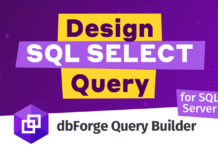Java is one of the most popular programming languages. Since its first release in 1995, Java serves as a general-purpose programming language and has been widely adopted by many developers and programmers. The programing language is best for developing various custom software solutions, including websites and mobile apps.
In this article, you’ll learn about the various handy frameworks that help to make coding with JAVA easier. These frameworks help to simplify and minimize the time you’ll spend to write new codes for new software apps or solutions. Java keeps updating all the time, the latest release is Java SE 13, and it is a special edition for portable desktop apps’ development.
The Most Popular Java Frameworks
At a glance, the most popular Java frameworks of 2020 and beyond are:
- Apache Struts 1
- Spring Framework
- Vaadin
- Hibernate ORM
- Google Web Toolkit
- Grails
- Vert.x
- Play Framework
- JavaServer Faces – JSF
- Apache Wicket
Without writing more than this, below are the Java frameworks you should know about and try to use in 2020.
1. Apache Struts 1
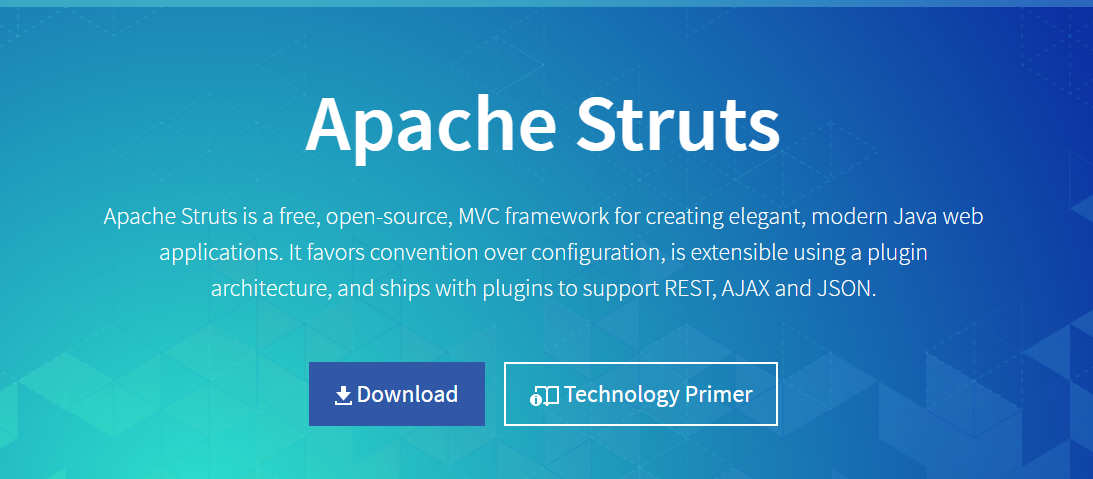
Apache Struts 1 is one of the most-used Java frameworks, it is a free, open-source Java framework for developing compelling web applications with the Java programming language. Mostly, Apache is used for building Java EE applications.
Also, Apache Struts 1 urges developers to adopt a new MVC platform. MVC represents – Model View Controller. More interestingly, this framework works with and supports various plugins. It is a comprehensive Java framework to use in 2020.
2. Spring Framework
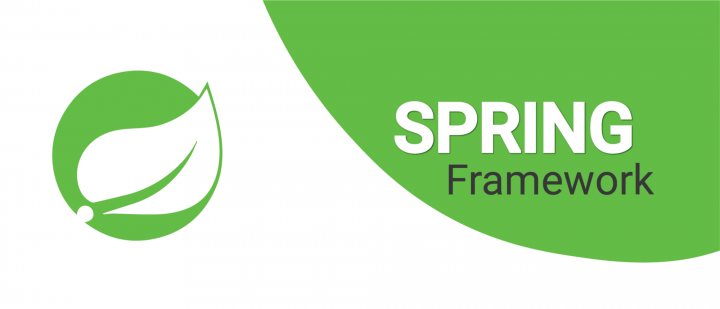
You’re a developer using Java EE (Enterprise Edition), the Spring Framework is one of the frameworks you should know and work with. It is a popular Java application framework; its main features are all for creating Java applications for web and mobile.
With the Spring Framework, which is open-source, programmers can write efficient, easy-to-deploy and debug, reusable codes. However, the Spring Framework includes different components like the Spring Core, Spring Web MVC, Spring AOP, Spring DAO, Spring context, Spring ORM, and Spring Web Flow.
3. Vaadin
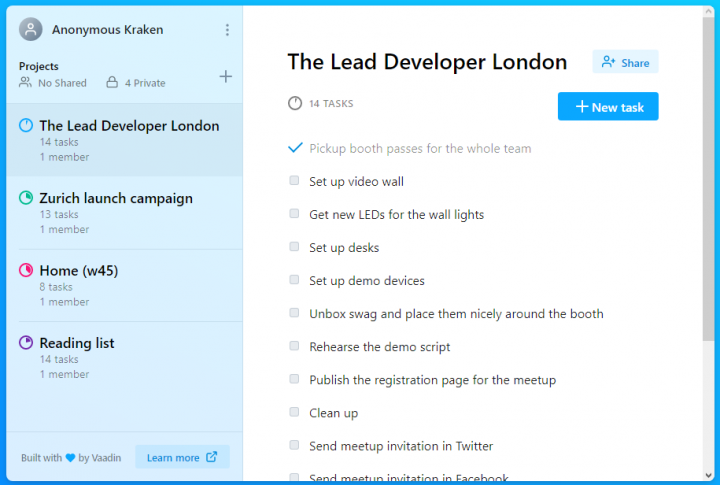
Every Java programmer in 2020 should know about Vaadin, it is arguably the best Java framework to build modern applications. Just like the other frameworks, Vaadin comes with its components, as well as include some handy set of tools and application starters.
This framework is slightly different from the others as the applications built with Vaadin are server-side instead of client-side. Also, this framework is very compatible with HTML5.
4. Hibernate ORM

Hibernate is an ORM – Object-Relational Mapping tool for Java language. This Java framework is for mapping object-oriented domain models to a relational database. Well, this is not a full-stack framework, but it provides Java programmers with an easy platform to easily convert databases.
Interestingly, Hibernate is easy to use, lightweight, easy to scale, and fast. Hibernate is recommendable because it simplifies Java apps’ development and how the Java apps interact with their database.
5. Google Web Toolkit
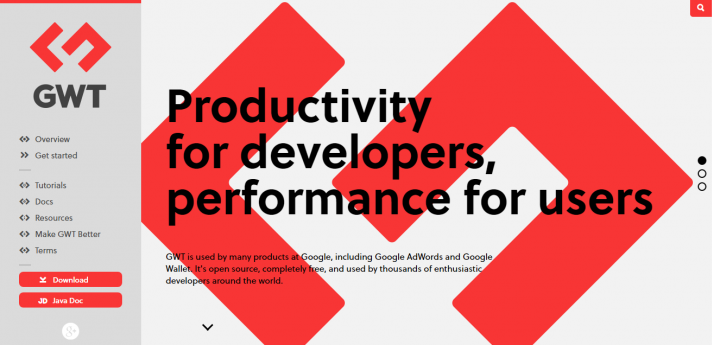
GWT – Google Web Toolkit is quite a comprehensive toolkit to work with as a Java programmer. It is not only popular but also easy to use; plus, it comprises of a whole lot of tools for developing enchanting apps for web and mobile.
All components of GWT are open-source, and they are designed to help developers design and maintain JavaScript front-end applications in Java. You may experience a sluggish process compiling Java to Javascript using this framework. But the truth remains that GWT offers a smoother way of designing complex applications following easy procedures.
6. Grails
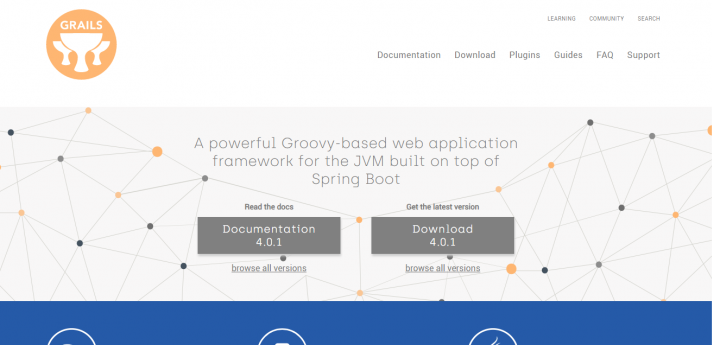
Built on top of Spring Boot, Grails is a powerful Groovy-based framework for designing virtually all kinds of applications. It is an open-source framework for Java Virtual Machine (JVM).
Also, Grails runs with Apache Groovy programming language. Web developers can use Grails frameworks on Content Management Systems (CMS) to design compelling websites and online stores. This framework is compatible with JDK, Java EE containers, Hibernate, Spring, and Quartz. You can add it to your kit of Java frameworks to work with come 2020.
7. Vert.x
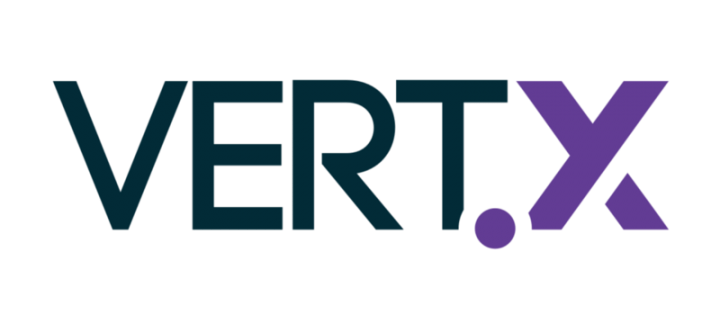
Eclipse Vert.x, shortened as Vert.x is a Java programming framework that runs through Java Virtual Machine (JVM) and allows developers to create solutions with javascript, java, Groovy, Scala, Ruby, and Kotlin.
It is a polyglot application framework with similar environments written in Twisted for Python, Node.js for JavaScript, reactPHP & amphp for PHP, Perl Object Environment for Perl, libevent for C, and EventMachine for Ruby. Using Vert.x is quite easy and straightforward. The latest stable release of this framework is available since August 23, 2019.
8. Play Framework
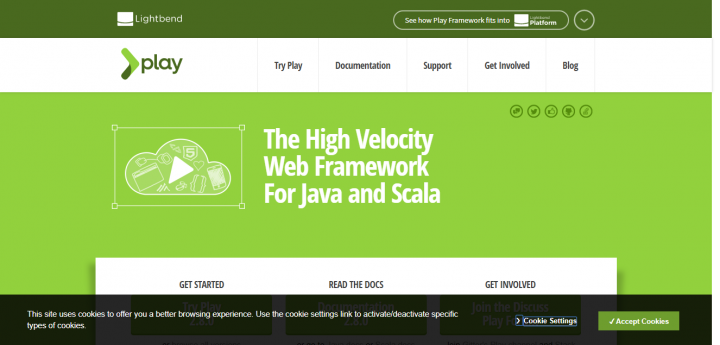
With the Play framework, developers can easily build web apps with Java and Scala. The framework runs on a lightweight, web-friendly, model–view–controller (MVC) architecture. Interestingly, the Play Framework provides the developer with predictable and minimal resource consumption for highly-scalable applications.
Also, Play is a very intuitive framework to work with if you’re looking to minimize stress and improve your productivity as an application developer in 2020.
9. JavaServer Faces – JSF
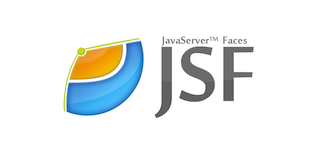
This framework is for developers that create more of server-based applications. It is an MVC web framework the eases the long stress of creating UIs for mobile or web apps by providing reusable UI components.
Building component-based user interfaces for web apps in 2020 may require JSF to make things easier. JSF works for Java EE and uses Facelets for templating. More so, the JavaServer Faces framework clearly differentiates application logic and representation. Furthermore, the framework uses XML for view handling instead of Java.
10. Apache Wicket
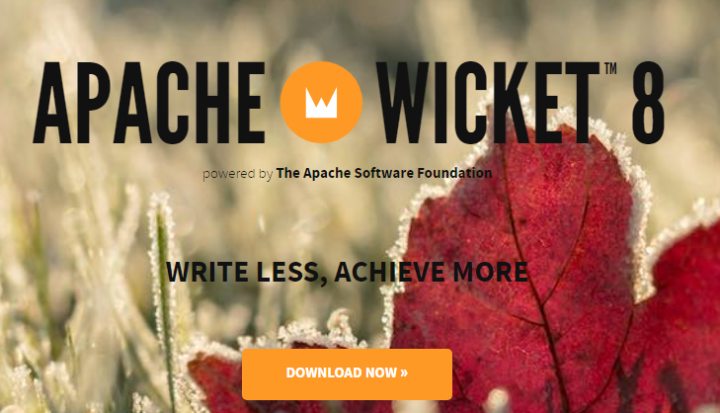
There are quite a couple of similarities between the Apache Wicket framework and the JSF framework. With the Apache Wicket framework, amateur programmers can write applications pure Java and/or HTML codes.
Wickets applications comprise of reusable pages and components such as buttons, images, links, forms, etc; thus, it is easy to add custom CSS codes, as well as JS codes. This practically one of the best frameworks for Java programmers in 2020; both professionals and beginners.
What More?
There are obviously other Java frameworks asides these 10 on my list. Nevertheless, considering the features, components, size, and other factors, these few are the best to go with. They are easy to use, features handy components, and are widely used. However, you are free to mention your favorite Java framework in the comment section. Have a nice day!




